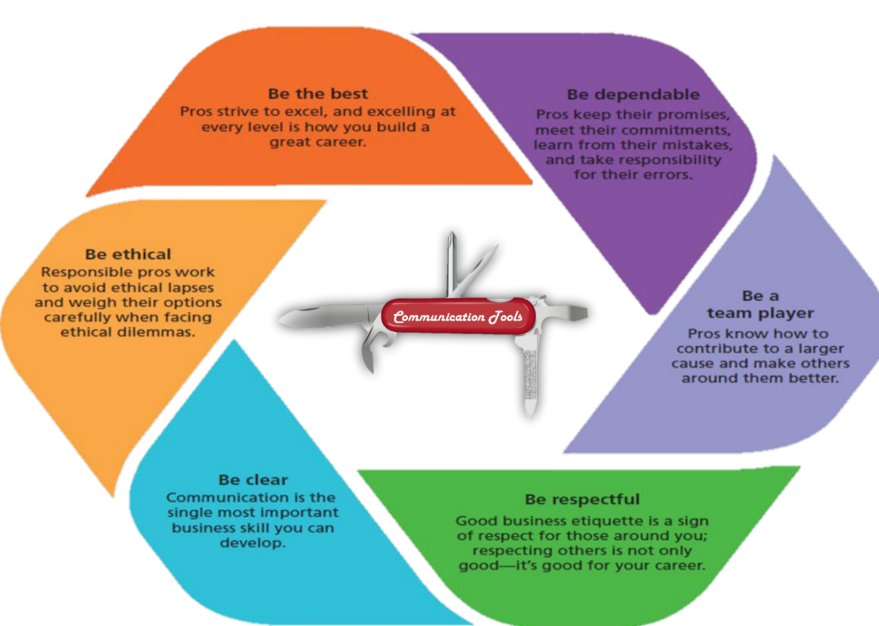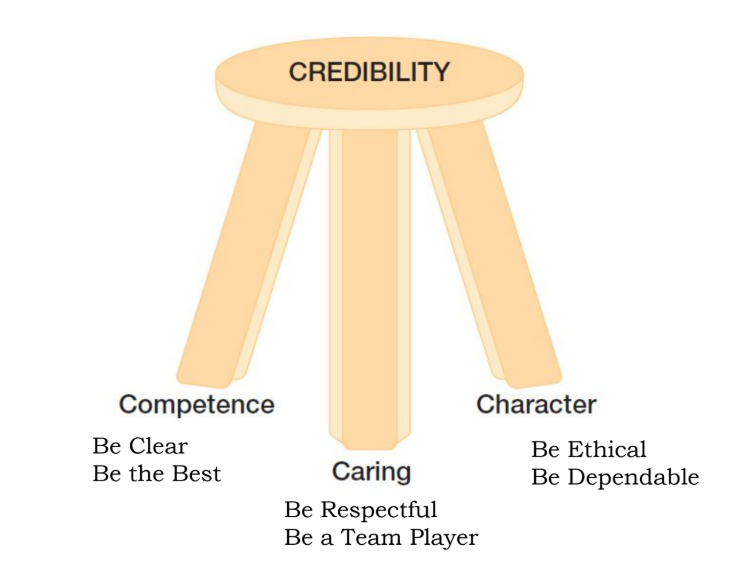Chapters 1 and 2: Establishing Credibility and Understanding Interpersonal Communication and Emotional Intelligence
1/21
There's no tags or description
Looks like no tags are added yet.
Name | Mastery | Learn | Test | Matching | Spaced |
|---|
No study sessions yet.
22 Terms
Ineffective Communication affects many
stakeholders...
Communication is Important in Business... Why?
Single most desirable skill by employers.
50% to 90% of a manager’s time is spent communicating.
Miscommunication is a causal factor in approximately 70% to 80% of all accidents.
Communication is a
Soft Skill
We Live in a Service Economy
Customer Satisfaction leads to a company’s success
Need to Increase Loyalty and Customer Retention
Importance of Relationship Management
A Modern Perspective...
Now that I’m hiring a whole person, what can I do to make full use of that individual’s capabilities?
What are the component parts of Communication?
Exchange: SMCR
Sender
Message
Channel
Receiver
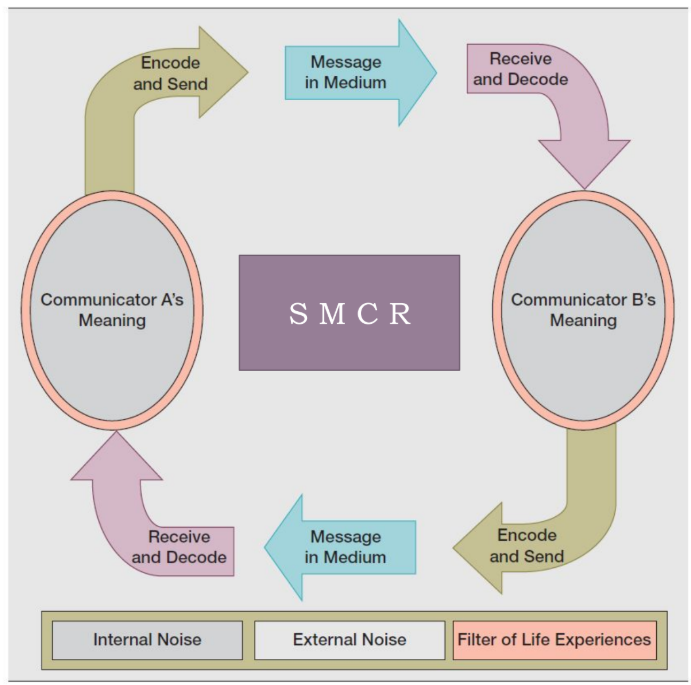
Shared meaning occurs when both the speaker and receiver(s) have a
mutual understanding of the message.
Just because somebody hears something you say, or reads something that you write, doesn’t mean you’ve reached them.
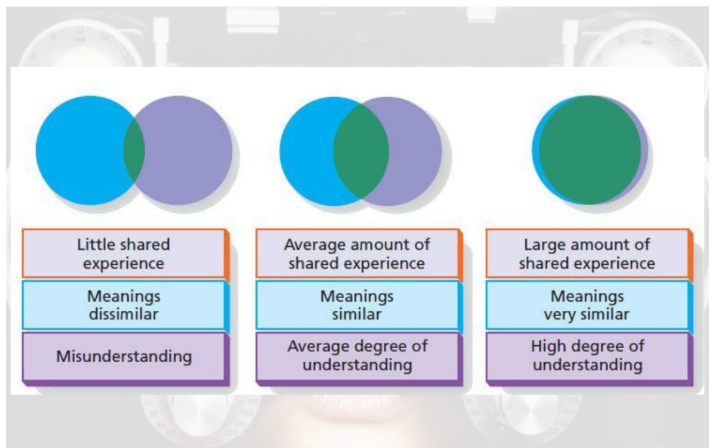
Communication Barriers
“Noise” Disrupts the Communication Process
Physical (External)
Physiological (Internal- Body)
Semantic (Internal- Words, Knowledge)
Psychological (Internal- Mind, Pesonality)
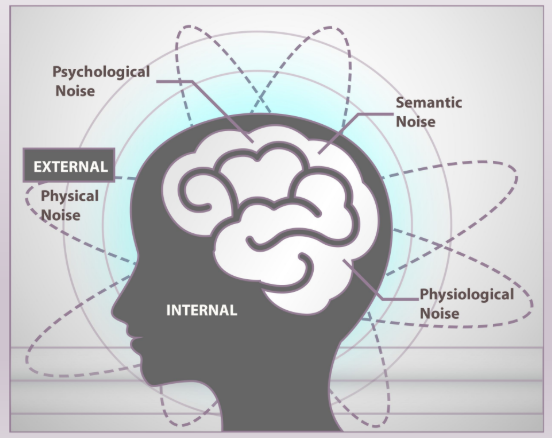
Physical Noise
External Distractions in your Environment
Loud Sounds
Physical Barriers
Problems with Medium Used
Examples
Crowded Area
Blurry Video and Poor Audio Connection
Message Undelivered
Appearance and Attire
Physiological
Listening Rate Gap Makes it Easy for our Minds to Wander
Hearing Problems
Illness
Memory Loss
Stuttering
Sickness
Black and blue vs gold and white
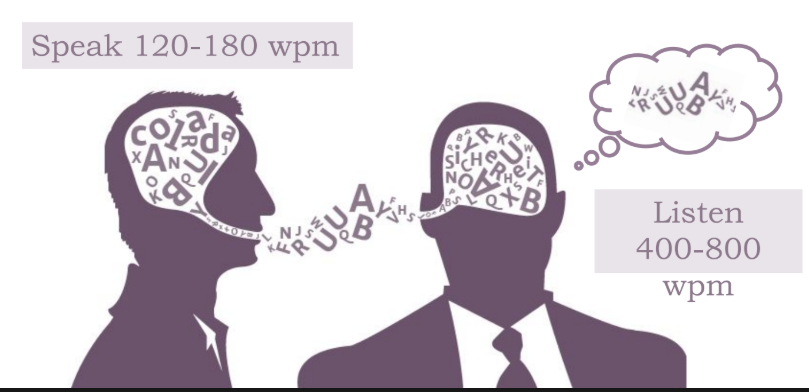
Semantic
Different meanings to the same words or phrases
Jargon
Slang

Psychological
Attitudes
Ideas
Emotions
Stereotypes
Moods

Communication Competence
No ideal way to communicate
Competence can be learned!
Know your Audience learn the Rules
Overcome barriers to communication
Manage emotions in communication
Sharing FAIR Ideas
Simple (Ease of use, Familiarity)
Helpful (Worth Sharing)
Aware of Audience Expectations
Relevant (remove weeds)
Empathetic (Address their needs)
Interpersonal Communication is
Irreversible
Emotional Intelligence (EQ)
Self Awareness
Self Management
Empathy
Relationship Managment
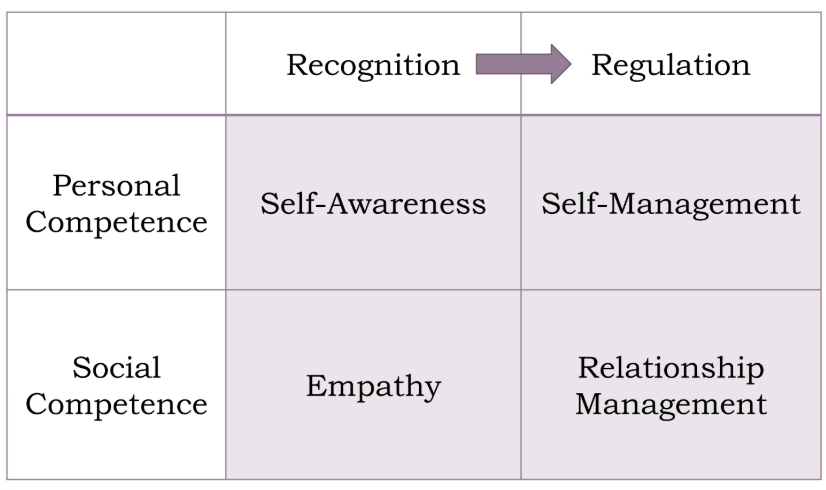
Self Awareness
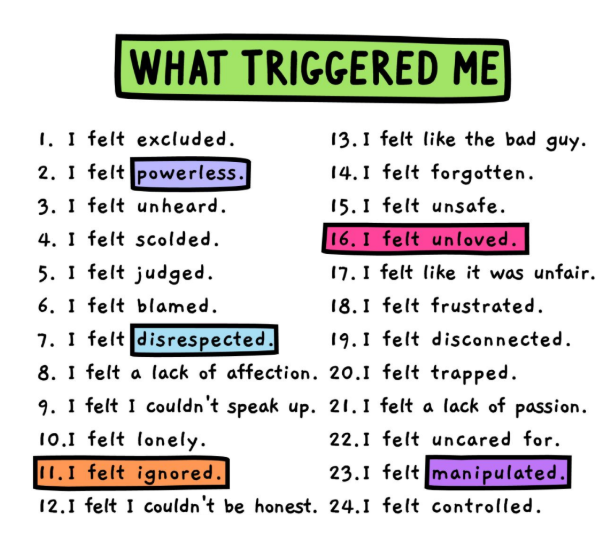

Self Management
Feelings vs. Actions
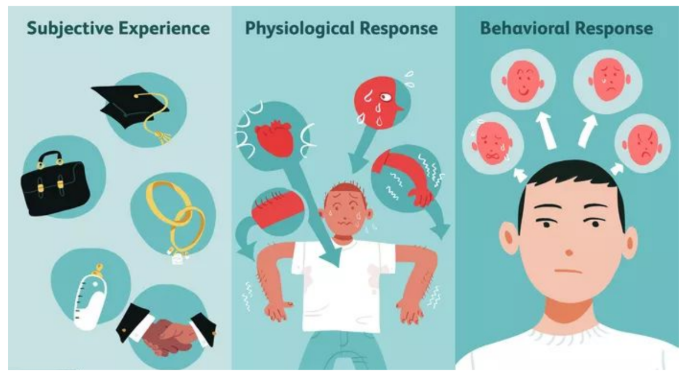
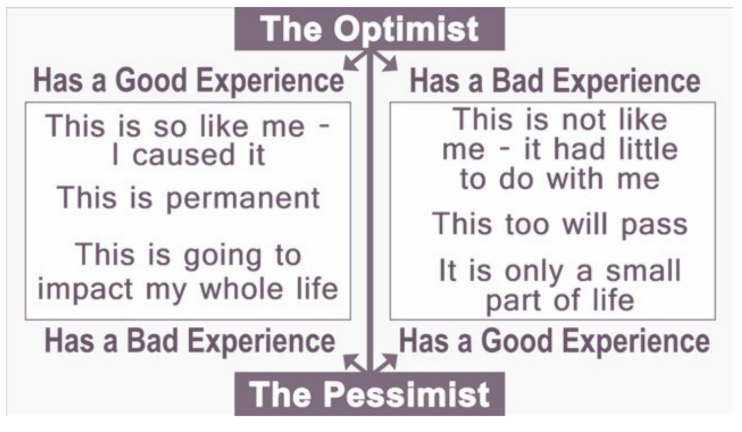

Empathy
Active Listening
Look (Pay Attention)
Inquire (Ask for clarification)
Summarize (Confirm your understanding)
Take notes
Express your Ideas (Share and encourage)
Neutralize (Hold Judgement)
Relationship Managemnet
Attend Work-Related Social Outings.
Keep records of people in your Network.
Greet others by Name and Maintain regular Contact.
Communicating as a Professional...
What do employers want?
What do employers want?
Professionalism: doing more than the minimum making a meaningful
